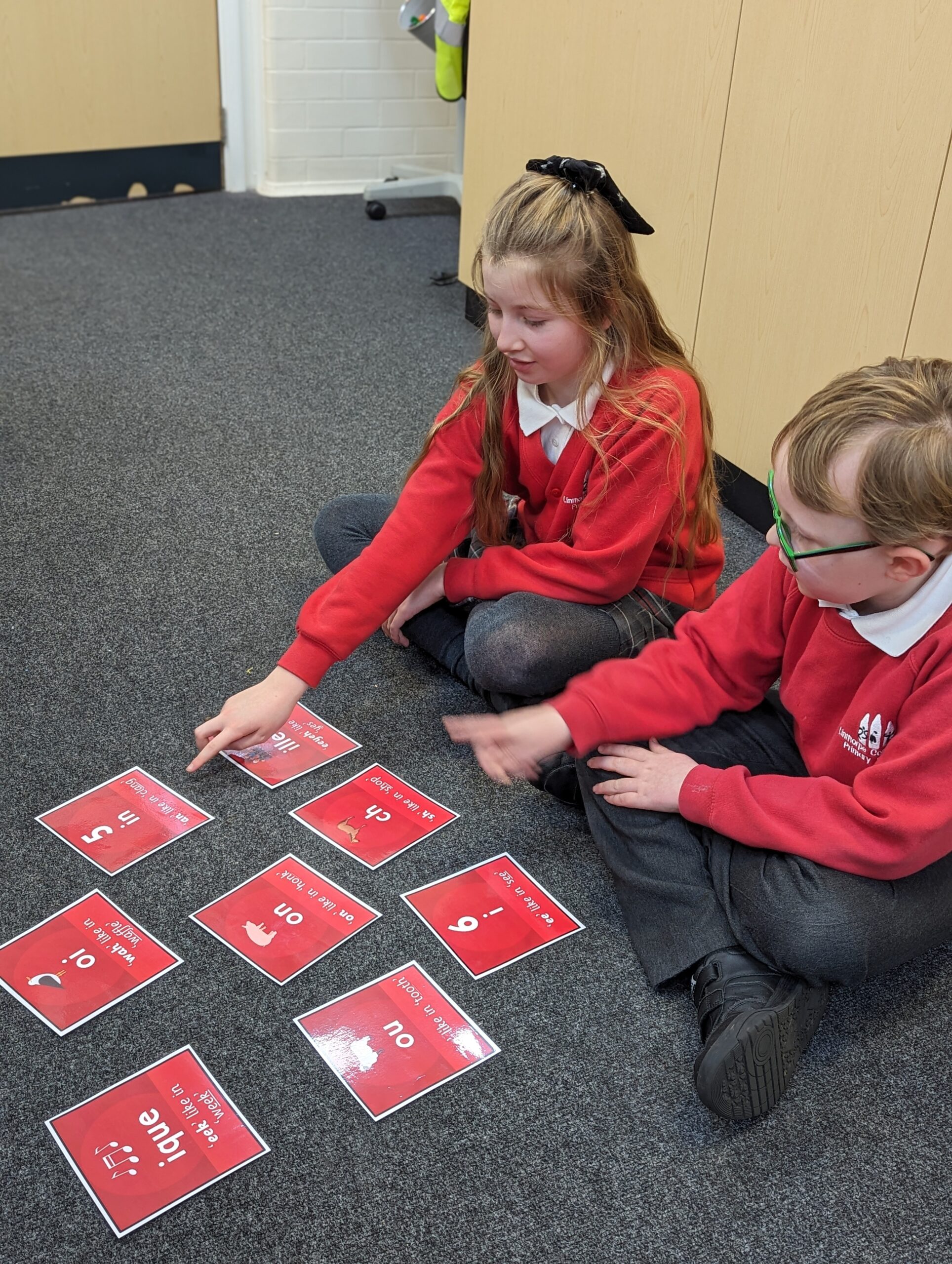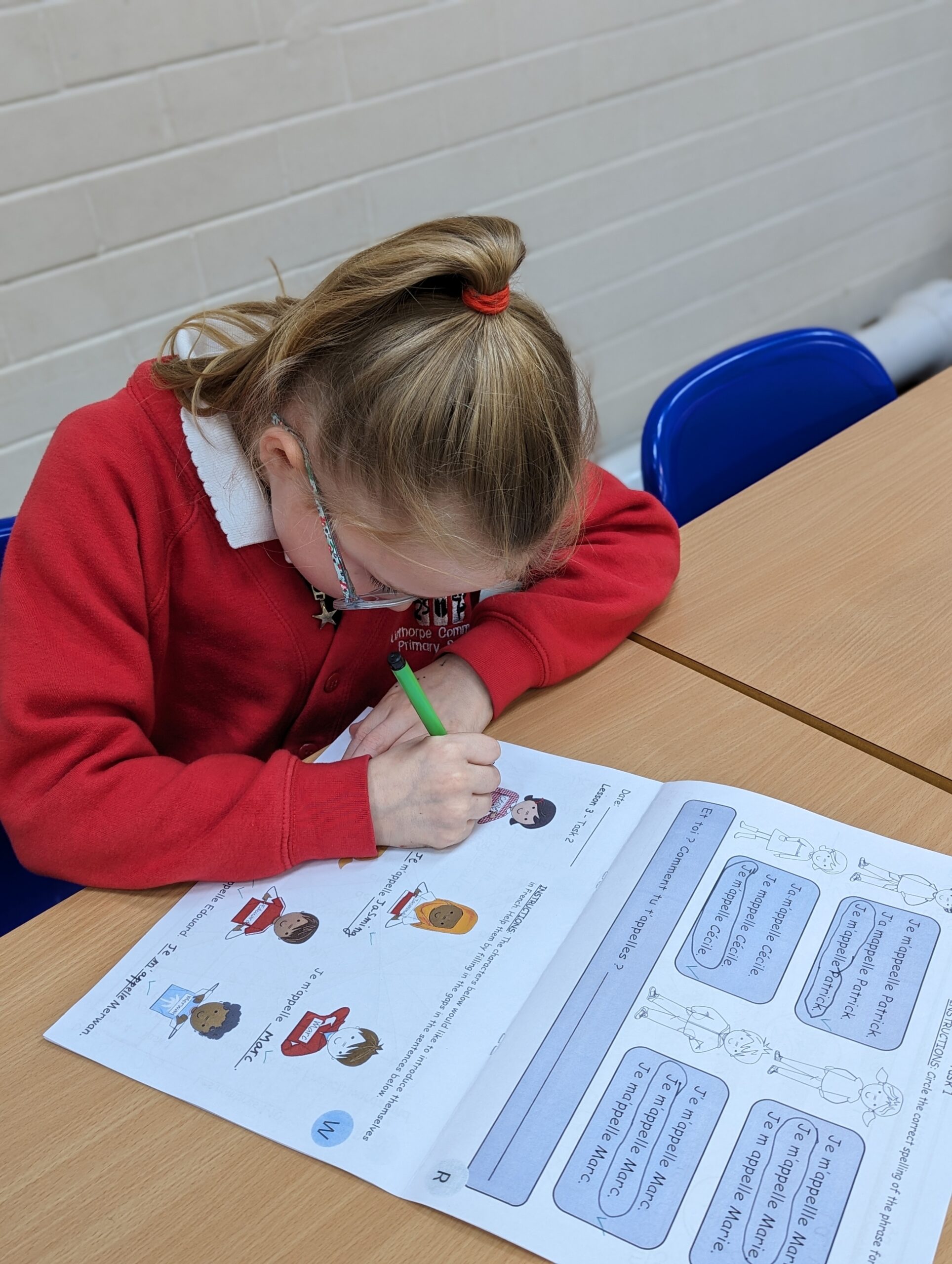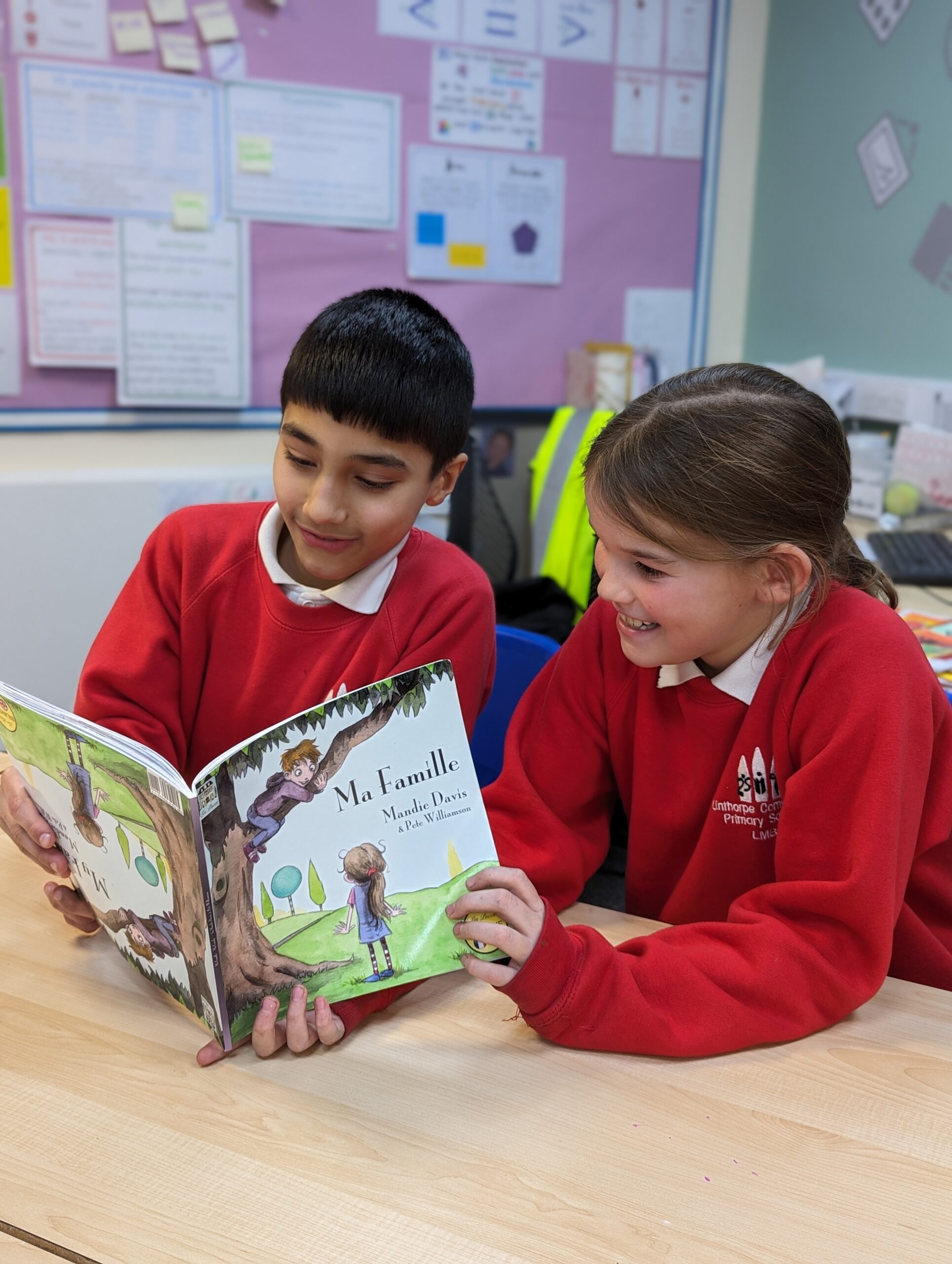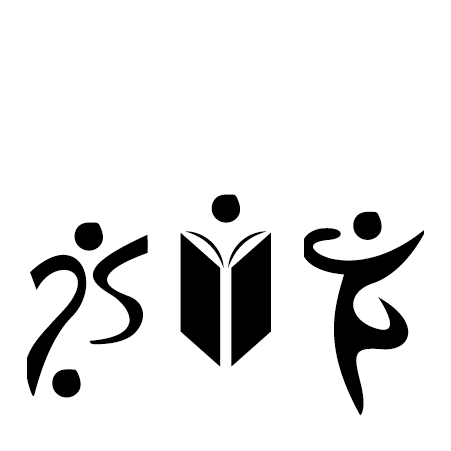Wider Curriculum
Modern Foreign Languages
At Linthorpe Community Primary School, we believe that learning a foreign language provides a valuable educational, social and cultural experience for all pupils and is a necessary part of being a member of a multicultural society that provides an opening to other cultures. We aspire to expose our pupils to an MFL curriculum, which is rich in skills and knowledge, develops cultural understanding and produces enthusiastic and life-long language learners.
At Linthorpe, we offer a relevant, broad, vibrant and ambitious foreign languages curriculum where children can develop their skills in languages through weekly language lessons: enabling pupils to apply, recall and build on their knowledge throughout their primary language learning journey. Structured and well sequenced planned units of work allow pupils to develop their understanding of key vocabulary, grammar and phonetics to express their ideas and thoughts in another language, and understand and respond to its speaker. We emphasise the
importance of excellent pronunciation and children have lots of practice in reading, writing, speaking and listening. Songs, rhymes and stories accompany the delivery of the curriculum in weekly lessons across the year.
Pupils are given many opportunities to communicate and apply language learning in a range of practical and meaningful contexts. Through explicit teaching of cultural traditions and celebrations, we aim for pupils to develop a deeper understanding of other cultures and the world around them with a better awareness of self, others and cultural differences, promoting our values respect and tolerance.
All of the National Curriculum is taught but via an enriched National Curriculum+ offer and ‘50 things’, we ensure that children have as many opportunities to make meaningful links to real life contexts and experiences.

We have carefully designed our Modern Foreign Languages (MFL) Curriculum, which we have recently reviewed and refined using the latest Ofsted Research Review for MFL 2022. Our ambitious MFL Curriculum clearly outlines the knowledge and skills pupils gain at each stage of their learning journey. We have high academic ambition for all of our pupils and we adapt this curriculum accordingly to meet the needs of all our children.
Our MFL curriculum enables our pupils in Key Stage 2 to:
- Cover all the requirements of the National Curriculum for MFL;
- Gain confidence and enjoyment in their ability to communicate their ideas and thoughts effectively in another language leading on to further study at Key Stage 3;
- Develop an awareness of their place in the global community;
- Begin to understand how communication can create communities which are wider than geographical boundaries;
- Value contributions of different peoples and cultures.
The national curriculum for languages aims to ensure that all pupils:
- understand and respond to spoken and written language from a variety of authentic sources
- speak with increasing confidence, fluency and spontaneity, finding ways of communicating what they want to say, including through discussion and asking questions, and continually improving the accuracy of their pronunciation and intonation
- can write at varying length, for different purposes and audiences, using the variety of grammatical structures that they have learnt
- discover and develop an appreciation of a range of writing in the language studied.

Listening
From the beginning of the French programme in year 3, children are taught active listening skills, learning to distinguish the different sounds and patterns of a foreign language. The children build their ability from listening to single words and sounds, to beginning to distinguish detail in an unfamiliar story.
Oracy
Throughout the languages curriculum, children are given rich opportunities to rehearse using French to discuss their views,
opinions and wider lives. They are given the opportunity to engage in purposeful conversations, for example, buying tickets or describing their homes and families, as well as using language to tell, instruct and gain information. Spoken language activities and practice underpin each activity in the French curriculum and provide children with the confidence to express themselves in another language from their mother tongue.
Vocabulary
Vocabulary forms a key part of our wider curriculum and in French is taught discretely in every lesson. Children begin to build a bank of vocabulary throughout their journey through KS2, allowing them to develop more detailed responses and descriptions in their French language work.


